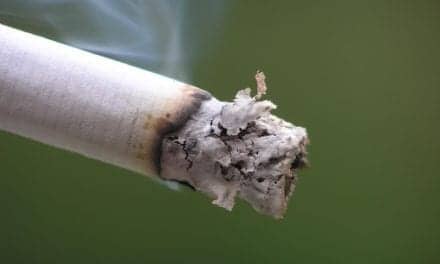Researchers at Cincinnati Children’s Hospital Medical Center have identified a biological basis for asthmatic children who do not respond well to corticosteroid treatment — currently the most effective treatment for chronic asthma and acute asthma attack, according to new findings in The Journal of Allergy and Clinical Immunology, published by the American Academy of Allergy Asthma and Immunology.
The study also identifies a genetic pathway that could open the possibility of new therapies for difficult-to-treat patients.
“Genome-wide analysis allowed us to identify a gene, VNN-1, whose expression discriminated between good and poor responders to systemic corticosteroid treatment,” said Gurjit Khurana Hershey, MD, PhD, senior author and director of Asthma Research at Cincinnati Children’s. “This may serve as a clinically useful biomarker to identify a subset of difficult-to-treat asthmatic children, and targeting the VNN-1 pathway may be useful as a therapeutic strategy.”
Why Some Asthmatic Children Have Poor Response to Corticosteroids









